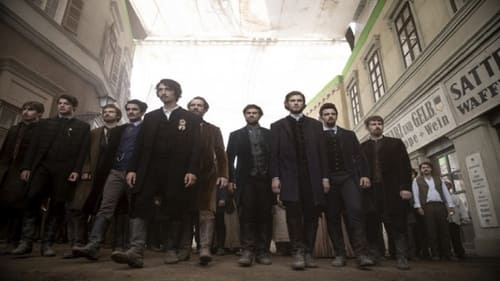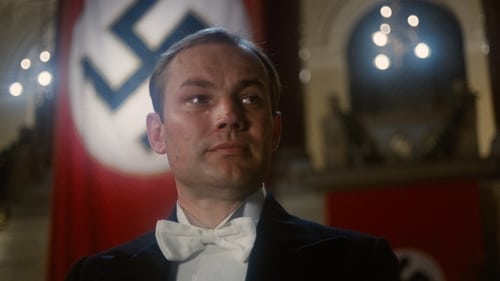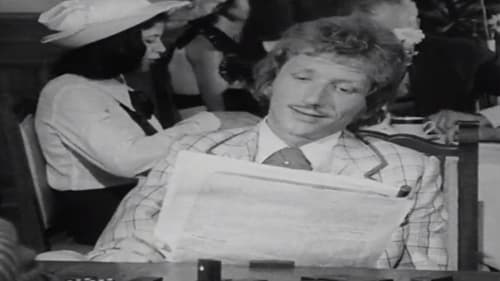
Lederer Ignác tábornok
On March 15, 1848, a young firebrand poet, Sándor Petöfi ignites the Hungarian Revolution with his passionate 'National Song', prompting the Austrians to dispatch a ruthless secret agent to assassinate him and suppress the uprising.

Grüber úr

Nyomozó

Troukhatchevsky
The story of a murder out of jealousy. After his release from prison, the perpetrator tells the story of his marriage and tries to understand the reasons for his actions.

Gontrán Alfréd

Rolf Bonetti, bonviván
파우스트의 메피스토 연기가 전문인 연극 배우 핸드릭은 성공을 위해 수단과 방법을 가리지 않는다. 살아남기 위해 나치 정부에 아부하고 선전 놀이를 하며 온 나라에 그의 이름을 펼치기 위해 나치 당원들을 이용한다. 친구를 배신하고 아내마저 버린 그는 마침내 베를린 국립극단 총감독이 된다. 결국 엄청난 출세를 하지만 뒤늦게 정권의 꼭두각시 노릇에 불과한 자신의 처지를 자각하고 회의에 빠지는데...

titkár

The satiric film is a dramatic-ironic picture of the Hungarian intellectuals in the seventies. Ebes, whose art has been awarded for its merits conglomerating folk features with modernity, can hardly believe that from his parents, old friends, and the sons of the people he did not even receive a telegram of congratulation.

Kápolnássy K.

Géza
Hungarian TV movie about King Béla III of Hungary

This poetic film presents the ballad of the boys who turned into stags, by the associative means of music, painting and folk art. At the same time it is a memorial to the martyrs of the 1944 Sátoraljaújhely prison revolt and shows its butchery reflected through the fate of three brothers.

Halas Feri
The heroines of this lyric comedy full of burlesque elements are two girls from a village who get totally engrossed in their day-dreaming. Ida and Rozi escape to the city to catch husbands for themselves.




